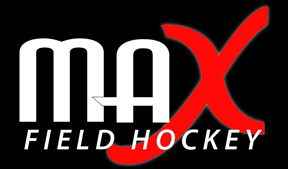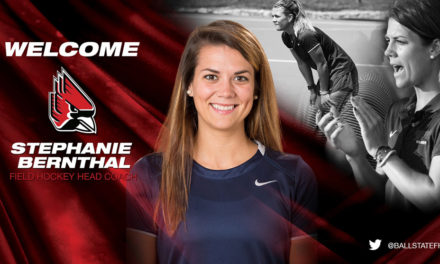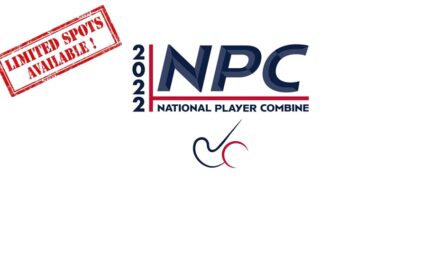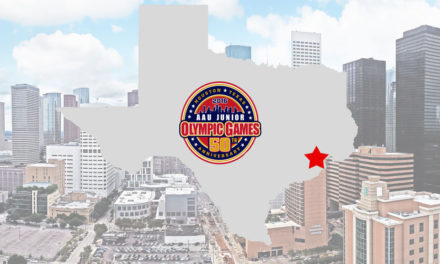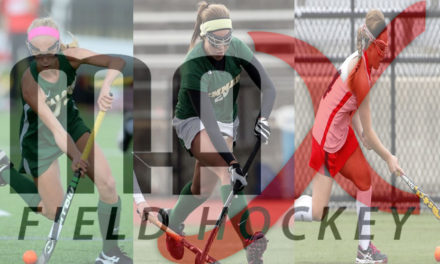How Pietie Coetzee-Turner Has Left an Indelible Mark on Field Hockey
Pietie Coetzee-Turner was eight years old when she first picked up a field hockey stick in Johannesburg, South Africa.
At first, field hockey was simply an escape from life in boarding school during a time of evolution across the country. Most of the year, her focus was the pool, where she was a nationally successful swimmer. But she wanted a distraction when that sport was quieter during the winter months.
So she started heading to the hockey pitch with friends.
Coetzee-Turner’s interest in the sport grew, and so did her ability as she kept coming back. It was then that she realized there might be something special in the works. Still, she was within reach of Olympic-level swimming. What was the deciding factor in leaving?
“I wondered, ‘if I put the same energy and time into field hockey as I did swimming, what would happen?’” she said. “When I did, within a few months I made the [South Africa] national team. From there I never looked back. I was full on in hockey and stopped swimming.”
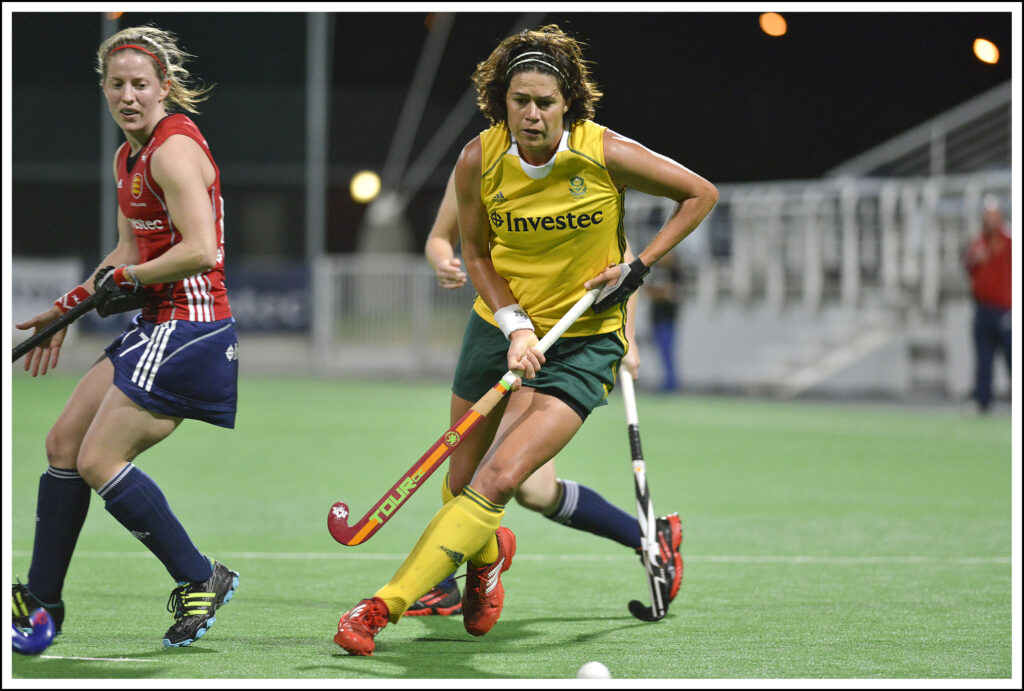
It was the first step toward Coetzee-Turner becoming a household name in field hockey circles around the world.
The year was 1996 when South Africa national team coach Boudewijn Castelijn approached Coetzee-Turner with an idea that would forever change the sport.
Before the dawn of YouTube, Castelijn had a VHS tape in hand with footage of a male Dutch player training his drag flick. In those days, such a technique was unheard of in the women’s game.
Up for the challenge, Coetzee-Turner spent the next several months relentlessly training. In the end, she had mastered a revolutionary tactic seen today as crucial in a penalty corner unit.
“I borrowed the tape from him and would analyze the technique,” she said, later using it for the first time at a World Cup qualification tournament. “Nobody had ever seen this technique done by a woman before. Instantly, we had success as a team and the goals started flowing, because nobody had seen it or ever had to defend it. I trained it six days a week with 50-100 balls a day and never looked back.”
Carried by her drag flick specialty, Coetzee-Turner racked up a world-record 287 goals in 289 international games. She represented South Africa in three Olympics and four World Cups, retiring as a player in 2014.
Her impact on the sport was far from over. She has remained involved via the coaching realm and now is an assistant at the University of Massachusetts, where 2020 will mark her second season in Amherst.
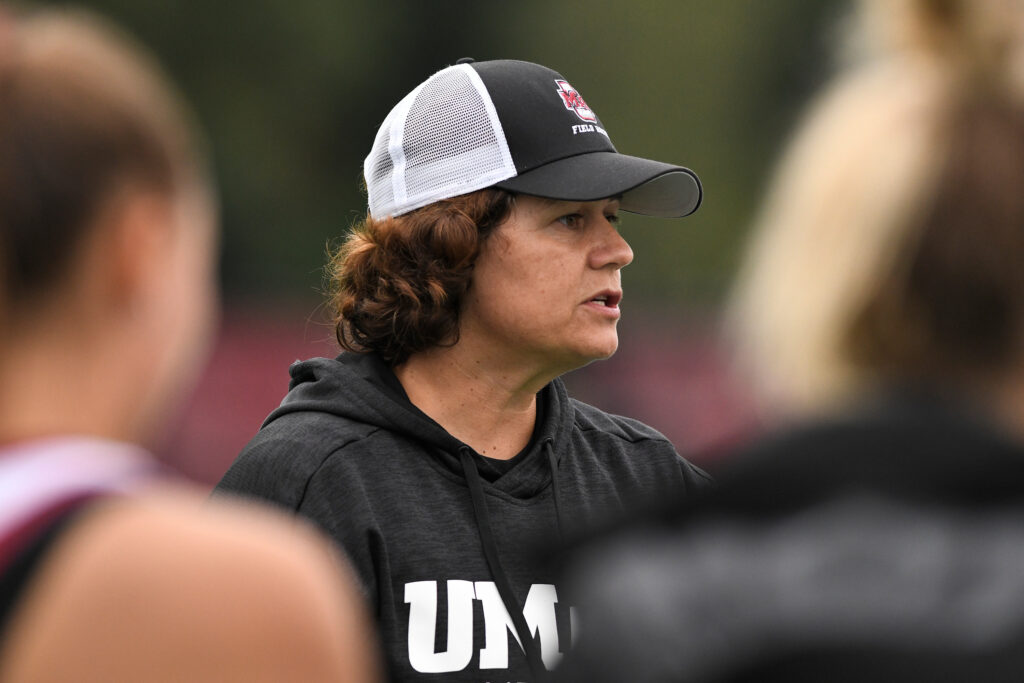
Photo: Thom Kendall
She had a prior stint coaching in the United States, and was drawn back partly because of the setting and culture around field hockey at the collegiate level.
NCAA field hockey programs are afforded resources that can be harder to find elsewhere. In addition to the competitive experience, student-athletes have access to some of the top playing surfaces, specialized weight lifting programs and extra academic tutoring, all while working toward a degree. Most programs’ history and accomplishments are well-documented over several decades.
“What really drew me to the United States is that you have a semi-professional atmosphere where you can have that same coaching and input at the college level,” said Coetzee-Turner. “To be able to add my experience to one of these programs I thought would be very interesting. I think that’s cool for any athlete to be part of. It’s unique, special and intense. If you put a little into it, you can get a lot out of it.”
Following her first season in Massachusetts, she was invited by USA Field Hockey to lead a presentation on drag flicking at the National Coaches Forum in Lancaster, Pennsylvania. In front of over 100 attendees from the college, high school and club levels, Coetzee-Turner viewed it simply as another way to give back to a sport that has provided her so much.
“The game has served me so well for over 20 years and has given me whatever I know my life to be right now. I see it as my obligation to give back as much as possible to the game. To get other people involved and enjoy it with the same kind of network and friendship that I’ve enjoyed through the sport.”
